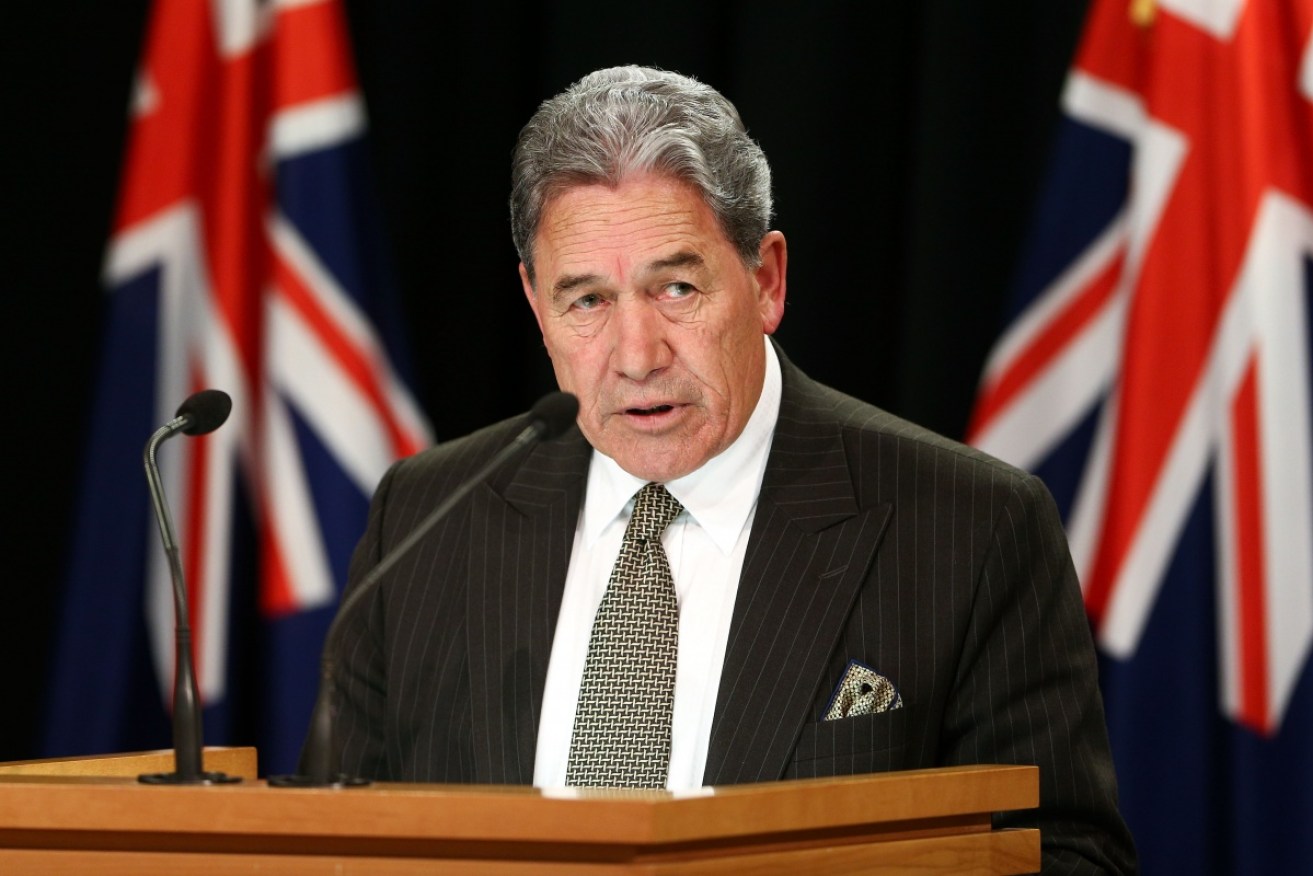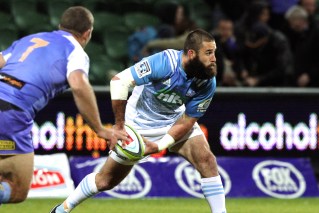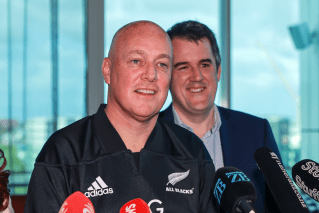Familiar face returns as NZ tallies final election votes


Winston Peters is back as a power player in New Zealand politics, after the finalisation of election results. Photo: Getty
A wily former deputy PM has returned to the centre of New Zealand politics, as the final results from its October 14 election are revealed.
The NZ electoral commission finalised its three-week count from polling day on Friday, with the definitive results showing the centre-right National Party had dropped from 50 MPs in the preliminary count to 48 MPs.
That meant it had lost its parliamentary majority with preferred coalition partner ACT, which will have 11 MPs in the next parliament.
Those results also brought a boon for the Maori Party, which claimed another two electorate seats from Labour and will have six MPs.
Labour will have 34 MPs, while the Greens will have 15, up one from the preliminary results. It is the NZ Greens’ best election result.
New Zealanders voted for change at the election, returning National to government after six years of Labour-led rule.
But the tight nature of the preliminary results meant incoming Prime Minister Chris Luxon opted to wait for the release of the final results before confirming plans for a coalition.
He is due to speak later on Friday, but on the numbers, he will need to strike a deal with New Zealand First leader Winston Peters to command a majority in parliament.
Peters has been a factor in Kiwi politics for almost half a century.
In 2017, it was his NZ First party that propelled Labour – and Jacinda Ardern – into power after weeks of tense coalition negotiations.
In return, Peters became deputy PM and foreign minister, posts he held for three years while Labour and NZ First governed together.
In the most recent election campaign, both National, the main centre-right opposition, and ACT, a right-wing libertarian party, spent plenty of energy on the campaign warning Kiwis against voting for NZ First.
However, because they have fallen short of a majority, with 59 of 122 seats in the final results, they will Peters’ eight MPs to tip over the threshold.
The question now will be the nature of the government agreement struck between National, and Peters, who was first elected in 1978 as a National MP but quit the party to form NZ First in 1993.
It remains to be seen whether all three will govern in a coalition, or a looser arrangement, such as one party offering to support the government in exchange for policy outcomes.
NZ First’s presence in government will change the dynamic markedly.
National and ACT are aligned on many policy fronts – supporting tax relief, a regulation reduction and ending government waste among them, while Luxon and ACT leader Seymour are also friends and have a strong working relationship.
NZ First has other priorities. It argues New Zealand can’t afford tax cuts and its regions need government support – while, in Peters, it has the Kiwi parliament’s most combustible personality.
Seymour and Peters cannot stand each other, and Seymour vowed during the election campaign not to share a cabinet with the 78-year-old.
In the final results, four electorates have flipped from the preliminary results.
The Maori Party has won Tamaki Makarau from tourism minister Peeni Henare by just four votes, and defeated deputy Labour leader Kelvin Davis in Te Tai Tokerau by 517 votes.
Both senior Labour MPs will take their place in parliament as List MPs.
Labour also clawed back two electorates that National led on the night, winning Nelson by 29 votes and Te Atatu, in Auckland’s west, by 131 votes.
Te Atatu MP Phil Twyford is one of the sole survivors of a National “blue-nami” in Auckland, in which the conservative party took Labour heartlands of New Lynn and Mount Roskill in mighty upsets.
Labour MP Helen White has been spared a humiliating upset in Mount Albert – the heartland seat previously held by Helen Clark and Jacinda Ardern – clinging to a narrow lead to win.
The parliament will also grow by one seat to 123 MPs later this month after a byelection in Port Waikato.
Incumbent National MP Andrew Bayly is highly likely to win the seat, growing National’s caucus but not materially changing the election outcome.
-with AAP








